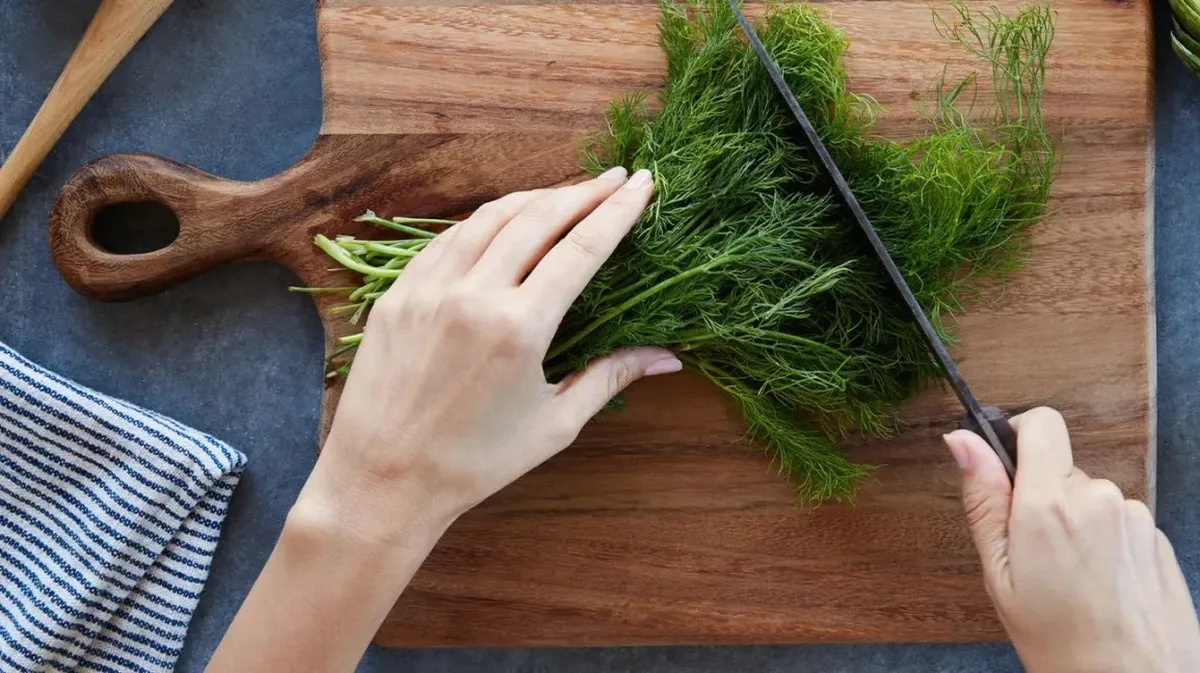18/10/2025
18/10/2025

WASHINGTON, Oct 18: Dill, a commonly overlooked kitchen herb, may offer a range of health benefits far beyond its popular use in pickling, according to nutrition experts.
Rich in flavonoids — plant compounds with antioxidant properties — dill can help reduce the risk of major health issues such as heart disease and stroke, experts say. The herb is also believed to play a role in enhancing immune function, supporting brain health, and reducing inflammation.
“Flavonoids are well known for reducing oxidative stress and inflammation, supporting blood vessel health, and even helping to maintain skeletal muscle mass — all of which are important for preventing frailty and maintaining physical function and mental health as we age,” said Dr. Aedin Cassidy, a professor at Queen’s University Belfast in Ireland.
Just one tablespoon of dill contains significant amounts of vitamin A, which supports vision; vitamin C, known for its immune-boosting properties; and minerals like calcium and potassium that help regulate blood pressure.
Research also suggests dill may help reduce LDL cholesterol — the so-called “bad” cholesterol — that can build up in arteries and increase the risk of heart attack or stroke.
With only 43 calories in two-thirds of a cup, dill is widely available fresh or dried in most supermarkets. Its feathery leaves can be added to a range of dishes — from deviled eggs and cucumber sandwiches to yogurt dips and baked breads — requiring only a small amount to provide health benefits.
Historically, dill was used by ancient Egyptians as both a diuretic and a charm to ward off evil spirits.
In the United States, dill is most often associated with pickles. Fermented pickles are a good source of probiotics and electrolytes — particularly helpful in maintaining hydration and preventing muscle cramps, especially in athletes.
“We've seen some people resolve cramping in their legs with a shot of pickle juice,” said Beth Czerwony, a registered dietitian with the Cleveland Clinic. “Athletes will also often use pickle juice as an electrolyte replacement if they're not using an oral rehydration solution.”
Pickles also contain sodium and vitamin K, both of which aid in muscle function and recovery after strenuous activity.
Whether sprinkled on food or sipped in juice, dill may offer more health perks than most realize — with experts encouraging people to take a second look at this powerful green herb.


